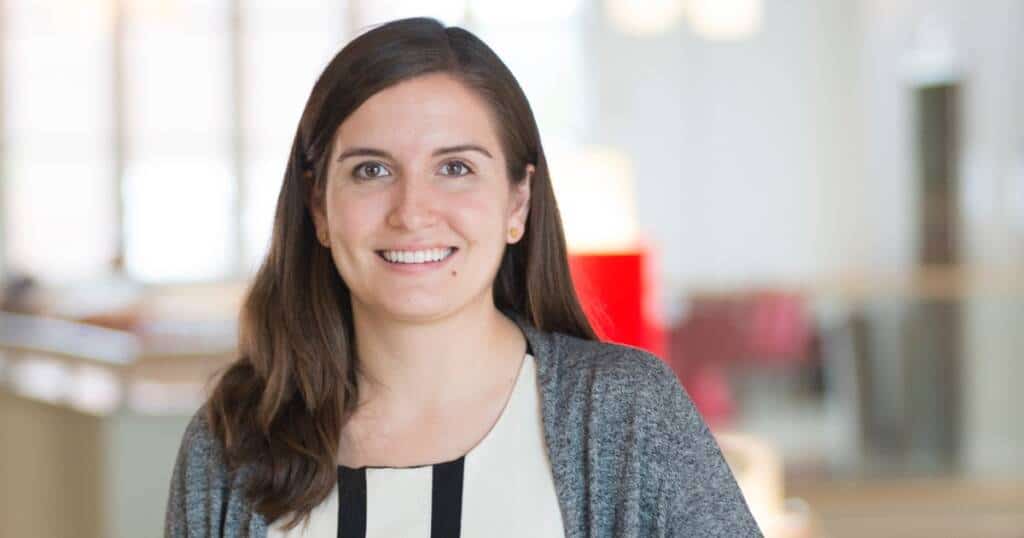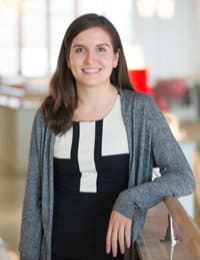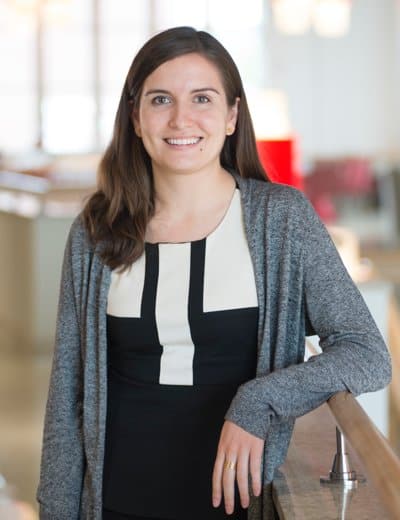
CIA Student Bio
“The program’s design around the business aspect of food really drew me in because, while I love to cook, I knew I didn’t want to become a professional chef. I like the strategy, operations, and creativity of running a food business.”
Major: Master of Professional Studies in Food Business
Campus: Hyde Park, NY
Hometown: Seattle, WA
What led you to consider a future in food business?
I am fascinated by how we source, cook, and consume food as it relates to environmental impacts. So much of our planet’s climate change is related to our relationship with food and I’d like to help rewrite our history. I want to inspire consumers and home cooks to eat foods with lower impacts on our world and challenge what we think is possible in how we cook and consume food.
Why did you choose the CIA master’s degree program?
The Culinary Institute of America is the best culinary school in the world—the respect and network the college provides were huge deciding factors for me in attending this program.
The program’s design around the business aspect of food really drew me in because, while I love to cook, I knew I didn’t want to become a professional chef. I like the strategy, operations, and creativity of running a food business.

What do you like best about the program so far?
I love being able to collaborate with my classmates on discussion posts. I am alongside 20 other highly motivated and intelligent individuals who want to do something great in this world. How can you not be inspired?
Many of our faculty are industry professionals. Have you found this a benefit of the program?
Definitely, having industry experience helps to solidify the importance of what we are learning. Yes, theory is important, but it’s tough to remember or apply what we learn if there isn’t real-life experience. I’ve enjoyed learning from the faculty about their own business experiences, mistakes made, and what they’ve done during their careers.
How valuable did you find the initial residency? Did it help you develop a connection to your classmates?
The initial residency is fundamental to this program! I can’t imagine not having that first week with my peers. We learned so much about each other that week and it helped maintain our contact and build friendships while many of us live in various cities throughout the country.
What advice would you give to someone considering this program?
Give yourself time to think about what you want to accomplish and work backward. What do you think about in your free time? What ideas continue to come up? Do you want to become a chef or run a business? Do you want to do both? Being able to know who you are and who you want to become is a very important starting place. We are constantly evolving, but I think having an idea of where you want to go helps make this decision easier.
Also, be practical with your time. If you commit to this program, give it your all and know there will be other parts of your life that will have less of you present. That’s OK, it’s all about sacrifice so be selfish if this is your dream. No one else will be able to decide that for you and this program will be what you make of it.
